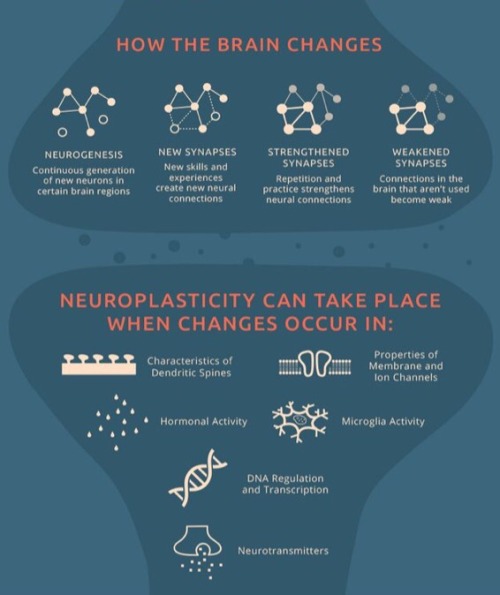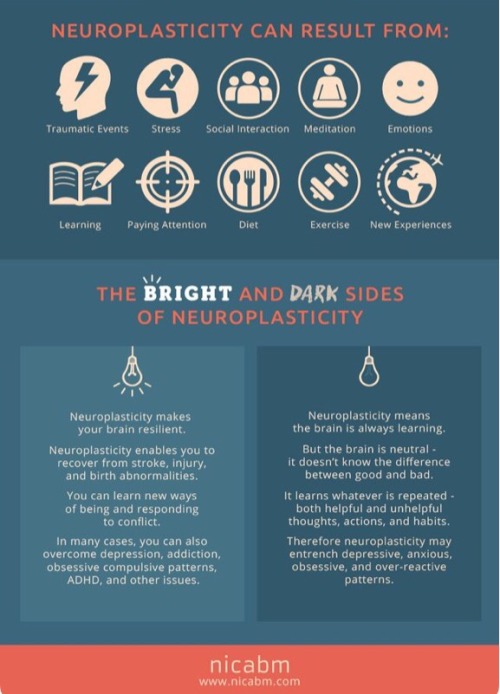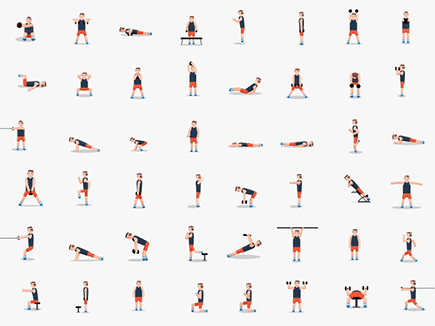Going Completely Silent When Someone Is Angrily Asking Something Because You Know ANY Sort Of Response
going completely silent when someone is angrily asking something because you know ANY sort of response is going to make them angrier
More Posts from Princesssarcasm789 and Others










{Juansen Dizon, I Am The Architect of My Own Destruction page 24/ Anaïs Nin, The Diary of Anaïs Nin, Vol. 6: 1955-1966/ Alice Hoffman, The Red Garden/ Anaïs Nin, from The Diary of Anaïs Nin, Vol. 5: 1947-1955/ Haruki Murakami: Norwegian Wood, page 276/ Michael Ondaatje/ Catherynne M. Valente, The Orphan's Tales: In the Night Garden/ D.H. Lawrence, from The Complete Works; The Plumbed Serpent/ Jean-Paul Sartre, from No Exit/ Alice Notley, from In The Pines: Poems; "In The Pines,"}
a growing realisation that you aren’t going to change the world after all
The years from late middle age onward are also marked by a steady erosion of ambition. The cause isn’t so much a loss of drive as a growing realisation that you aren’t going to change the world after all. You’re just going to die and be forgotten, like almost everyone else. The knowledge that your existence doesn’t really matter is sobering, but also sort of a relief. It’s certainly changed my approach to paperwork.
— Tim Dowling, from “I’m nearly 60. Here’s what I’ve learned about growing old so far.” (The Guardian, June 8, 2022)










"No matter what anyone says, I really hate those monkeys. But I never held any hatred for those in Jujutsu High. I just couldn't wear a heartfelt smile in this world."
—Suguru Geto.
Can you tell me in what issues of Nightwing and/or Batman (or other), do we see Dick as Batman?
He first takes on the Batman mantle in Battle for the Cowl
Batman and Robin #1-26 (Vol. 1-3)
Batman #687-691 (collected in Batman: Long Shadows)
Batman: #692-699 (collected in Batman: Life After Death)
Batman: #700 (anniversary issue)
Batman: #704-710 (collected in Batman: Eye of the Beholder)
Batman: Streets of Gotham #1-13
Batman: Gates of Gotham
Batman: The Black Mirror
Batman Incorporated (2011) #6
Batman (2016) #51
Also these. I'm kinda 🤷🏻♀️ about the exact order:
Red Robin #1, 4, 11-15, 22-23, 26
Batgirl (2009) #5-7
Justice League of America Vol. 2 #41-60
Justice League: The Rise of Arsenal #1-3
Titans (2008) #15-16, 21, 23, 28-30
Sometimes I forget how much my brother and I are Sirius and Regulus variants until a family crisis happens and I'm making jokes and getting tattoos while he's sitting there rolling his eyes and doing shots.



Ten core principles necessary for the remodeling of your brain to take place:
1. Change is mostly limited to those situations in which the brain is in the mood for it.
If you are alert, on the ball, engaged, motivated, ready for action, the brain releases the neurochemicals necessary to enable brain change. When disengaged, inattentive, distracted, or doing something without thinking that requires no real effort, your neuroplastic switches are “off.”
2. The harder you try, the more you’re motivated, the more alert you are, and the better (or worse) the potential outcome, the bigger the brain change.
If you’re intensely focused on the task and really trying to master something for an important reason, the change experienced will be greater.
3. What actually changes in the brain are the strengths of the connections of neurons that are engaged together, moment by moment, in time.
The more something is practiced, the more connections are changed and made to include all elements of the experience (sensory info, movement, cognitive patterns). You can think of it like a “master controller” being formed for that particular behavior which allows it to be performed with remarkable facility and reliability over time.
4. Learning-driven changes in connections increase cell-to-cell cooperation which is crucial for increasing reliability.
Merzenich explains this by asking you to imagine the sound of a football stadium full of fans all clapping at random versus the same people clapping in unison. He explains, “The more powerfully coordinated your [nerve cell] teams are, the more powerful and more reliable their behavioral productions.”
5. The brain also strengthens its connections between teams of neurons representing separate moments of successive things that reliably occur in serial time.
This allows your brain to predict what happens next and have a continuous “associative flow.” Without this ability, your stream of consciousness would be reduced to “a series of separate, stagnating puddles,” explains Merzenich.
6. Initial changes are temporary.
Your brain first records the change, then determines whether it should make the change permanent or not. It only becomes permanent if your brain judges the experience to be fascinating or novel enough or if the behavioral outcome is important, good or bad.
7. The brain is changed by internal mental rehearsal in the same ways and involving precisely the same processes that control changes achieved through interactions with the external world.
According to Merzenich, “You don’t have to move an inch to drive positive plastic change in your brain. Your internal representations of things recalled from memory work just fine for progressive brain plasticity-based learning.”
8. Memory guides and controls most learning.
As you learn a new skill, your brain takes note of and remembers the good attempts, while discarding the not-so-good trys. Then, it recalls the last good pass, makes incremental adjustments, and progressively improves.
9. Every movement of learning provides a moment of opportunity for the brain to stabilize – and reduce the disruptive power of – potentially interfering backgrounds or “noise.”
Each time your brain strengthens a connection to advance your mastery of a skill, it also weakens other connections of neurons that weren’t used at that precise moment. This negative plastic brain change erases some of the irrelevant or interfering activity in the brain.
10. Brain plasticity is a two-way street; it is just as easy to generate negative changes as it is positive ones.
You have a “use it or lose it” brain. It’s almost as easy to drive changes that impair memory and physical and mental abilities as it is to improve these things. Merzenich says that older people are absolute masters at encouraging plastic brain change in the wrong direction.
Guys what are some of the best Bakudeku fics that are a must read or some of your favorites?

awesome all types of workout in one image



-
 weareweirdpeople liked this · 11 months ago
weareweirdpeople liked this · 11 months ago -
 chrrywvea liked this · 1 year ago
chrrywvea liked this · 1 year ago -
 princesssarcasm789 reblogged this · 1 year ago
princesssarcasm789 reblogged this · 1 year ago -
 rebellious-teenager-xx liked this · 1 year ago
rebellious-teenager-xx liked this · 1 year ago -
 loevetannbarn reblogged this · 1 year ago
loevetannbarn reblogged this · 1 year ago -
 dabi-drift liked this · 1 year ago
dabi-drift liked this · 1 year ago -
 blushseraph liked this · 2 years ago
blushseraph liked this · 2 years ago -
 science-academia-wannabe liked this · 2 years ago
science-academia-wannabe liked this · 2 years ago -
 spanishrose6 liked this · 2 years ago
spanishrose6 liked this · 2 years ago -
 a-missing-gender-case reblogged this · 2 years ago
a-missing-gender-case reblogged this · 2 years ago -
 gorapakora liked this · 2 years ago
gorapakora liked this · 2 years ago